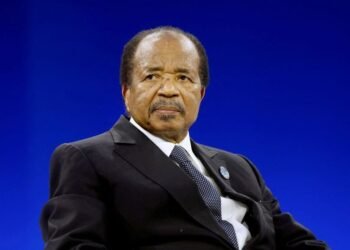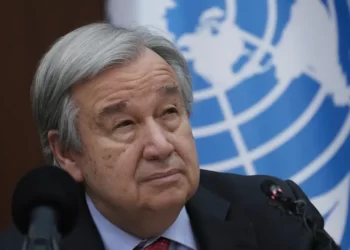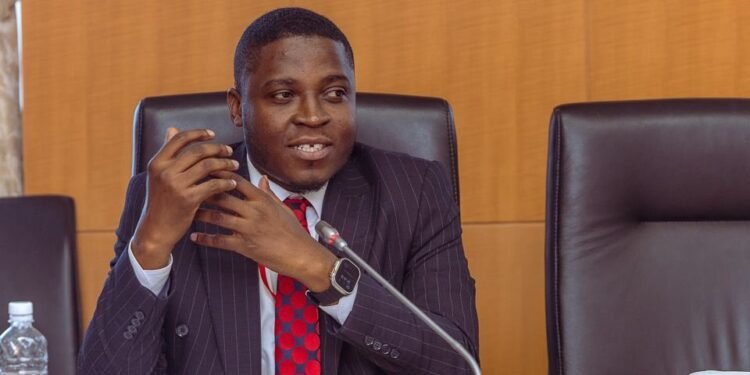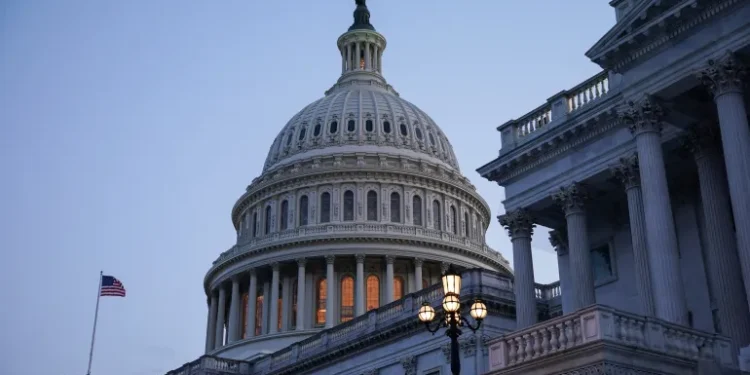Cyril Ramaphosa was inaugurated for his second term as South Africa’s president on Wednesday, June 19, marking a significant shift in the nation’s political landscape.
For the first time in its three-decade rule, the African National Congress (ANC) will govern in coalition with other parties after losing its parliamentary majority in the recent elections.
In a ceremony held at the Union Buildings in Pretoria, Ramaphosa took the oath of office, administered by Chief Justice Raymond Zondo.
Dignitaries from across the continent, including King Mswati III of Eswatini, Nigerian President Bola Tinubu, Zimbabwe President Emmerson Mnangagwa, and former Kenyan Prime Minister Raila Odinga, were present to witness the event.
The inauguration featured a 21-gun salute by the presidential guard and a flypast by the South African Air Force, adding grandeur to the occasion.
Thousands of citizens were entertained by South African musicians and cultural dancers, reflecting the diverse cultural heritage of the nation.
In his address, Ramaphosa acknowledged the electorate’s decision, emphasizing the mandate for collaboration.
“The voters of South Africa did not give any single party the full mandate to govern our country alone. They have directed us to work together to address their plight and realize their aspirations.”
Cyril Ramaphosa
Ramaphosa recognized the public’s disapproval of the government’s past performance in certain areas, stressing the need for improvement.
“The people of South Africa have also been unequivocal in expressing their disappointment and disapproval of our performance in some of the areas in which we have failed them.”
Cyril Ramaphosa
Furthermore, the president highlighted the deep-seated inequalities within South African society, warning that these divisions could lead to instability.
It “must be crushed before it finds its feet,” he said, “in the streets, in the courts and in parliament.”
“The lines drawn by our history, between black and white, between man and woman, between suburbs and townships, between urban and rural, between the wealthy and the poor, remain etched in our landscape.”
Cyril Ramaphosa
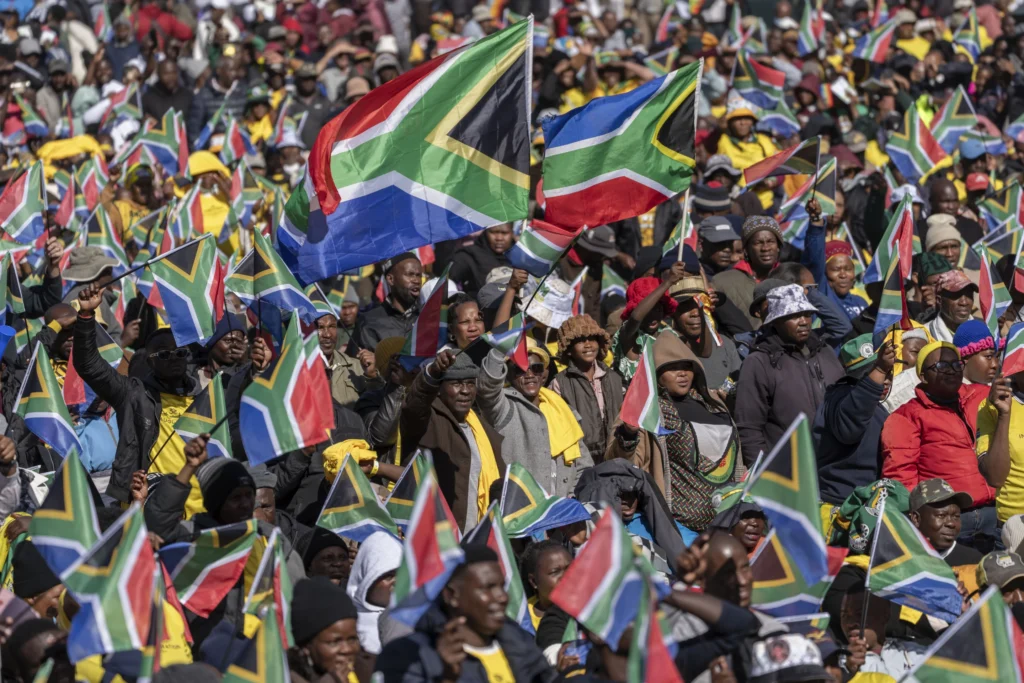
New Government To Address Challenges
Ramaphosa pledged that the new coalition government would focus on creating job opportunities to tackle the high unemployment rate and work on providing basic services such as housing, healthcare, and clean water.
However, leading this coalition will be a difficult task. The new administration comprises parties with differing ideologies and approaches to the country’s challenges, including land redistribution policies, solutions to the electricity crisis, and views on affirmative action.
Major players like the Democratic Alliance (DA) and the Inkatha Freedom Party (IFP) have already joined the coalition.
Other parties, such as the Patriotic Alliance, the GOOD Party, and the Pan Africanist Congress, are expected to follow suit.
However, the third-largest party, the uMkhonto weSizwe Party, led by former president Jacob Zuma, and the leftist Economic Freedom Fighters (EFF) have declined to participate.
The success of this coalition will depend on the ability of its members to set aside ideological differences and work towards common goals for the benefit of all South Africans.
Ramaphosa’s words resonate with hope and determination: “Together, we can address the challenges we face and build a better future for all South Africans.”
The road ahead may be fraught with difficulties, but the spirit of unity and collaboration offers a beacon of promise for the country’s future.
Moreover, the formation of Ramaphosa’s new Cabinet is eagerly awaited, as it will set the tone for how this unprecedented coalition government will function.
The ANC, which has ruled South Africa since the end of apartheid, now faces the challenge of governing without a clear majority, relying on cooperation with other parties to push through legislation and policies.
READ ALSO: NDC GaDangme Caucus Congratulates Prof. Alabi and Other Campaign Appointees





